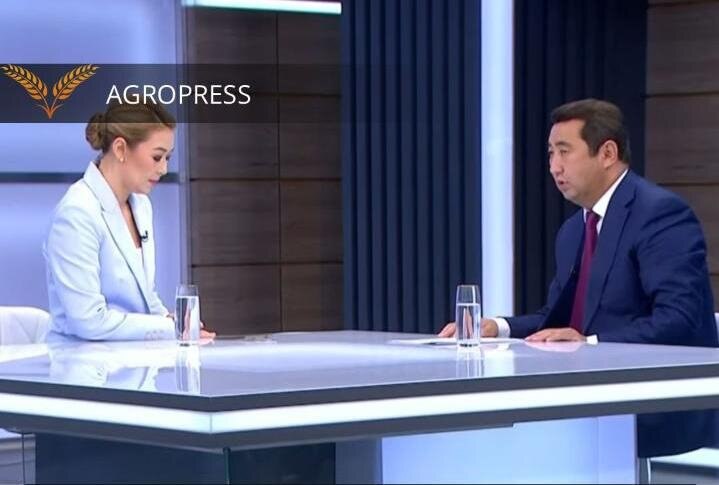KABUL (TCA) — The Executive Board of the International Monetary Fund (IMF) on December 8 concluded the Article IV consultation with Afghanistan and completed the second review of the arrangement under the Extended Credit Facility (ECF) for Afghanistan.
Since 2002, with financial and security support from the international community, Afghanistan has made important strides in rebuilding its economy, the IMF said. Nonetheless, important challenges remain as the country remains conflict-affected, poor, and aid-dependent. While macroeconomic policies have been broadly successful in maintaining fiscal and external sustainability, over time they need to prepare for lower external support. The authorities should support growth by strengthening institutions, addressing corruption, building up physical and human capital, developing the financial sector, making access to financial services more inclusive, and improving the business climate.
The IMF said that real GDP in Afghanistan grew by 2.4 percent in 2016 thanks to higher agricultural output, up from 1.3 percent in 2015. For 2017, growth is projected at 2.5 percent and at 3 percent for 2018. This is below the rate of growth needed to reduce unemployment, and is contingent on an improvement in confidence, implementation of reforms, and continued strong donor support.
The IMF Executive Directors commended the Afghan authorities’ commitment to economic transformation in pursuit of their objective of raising inclusive growth, boosting job opportunities for the rapidly rising population, and reducing aid dependency. Directors welcomed the authorities’ steps to rebuilding institutions, maintaining macroeconomic and external stability, strengthening economic buffers, and continuing to implement structural reforms. However, Directors stressed the many obstacles and vulnerabilities to achieving these objectives, including the prolonged conflict, the heavy dependence on aid, and the impact of corruption and political uncertainty. Against this challenging backdrop, they emphasized that continued strong program ownership and steadfast reform efforts remain essential to help mitigate program implementation risks, particularly given the coming electoral cycle.
Directors urged the authorities to maintain low debt levels and ensure debt sustainability, including through the continued limits on new external debt and the elevated concessional borrowing rate. They agreed that the overall budget balance including grants should remain the fiscal anchor, and that the authorities should target a broadly balanced budget. Raising domestic revenue in a fair and sustainable manner remains a priority to meet pressing needs while shifting toward pro poor and pro-growth spending. Fiscal sustainability needs to be underpinned by a strong fiscal reform effort, including enhanced tax administration and the adoption of a VAT by 2021, while avoiding tax concessions.
Directors urged the authorities to improve public financial and investment management to make better use of existing resources and lay the foundation for a gradual scaling up of infrastructure investment.








